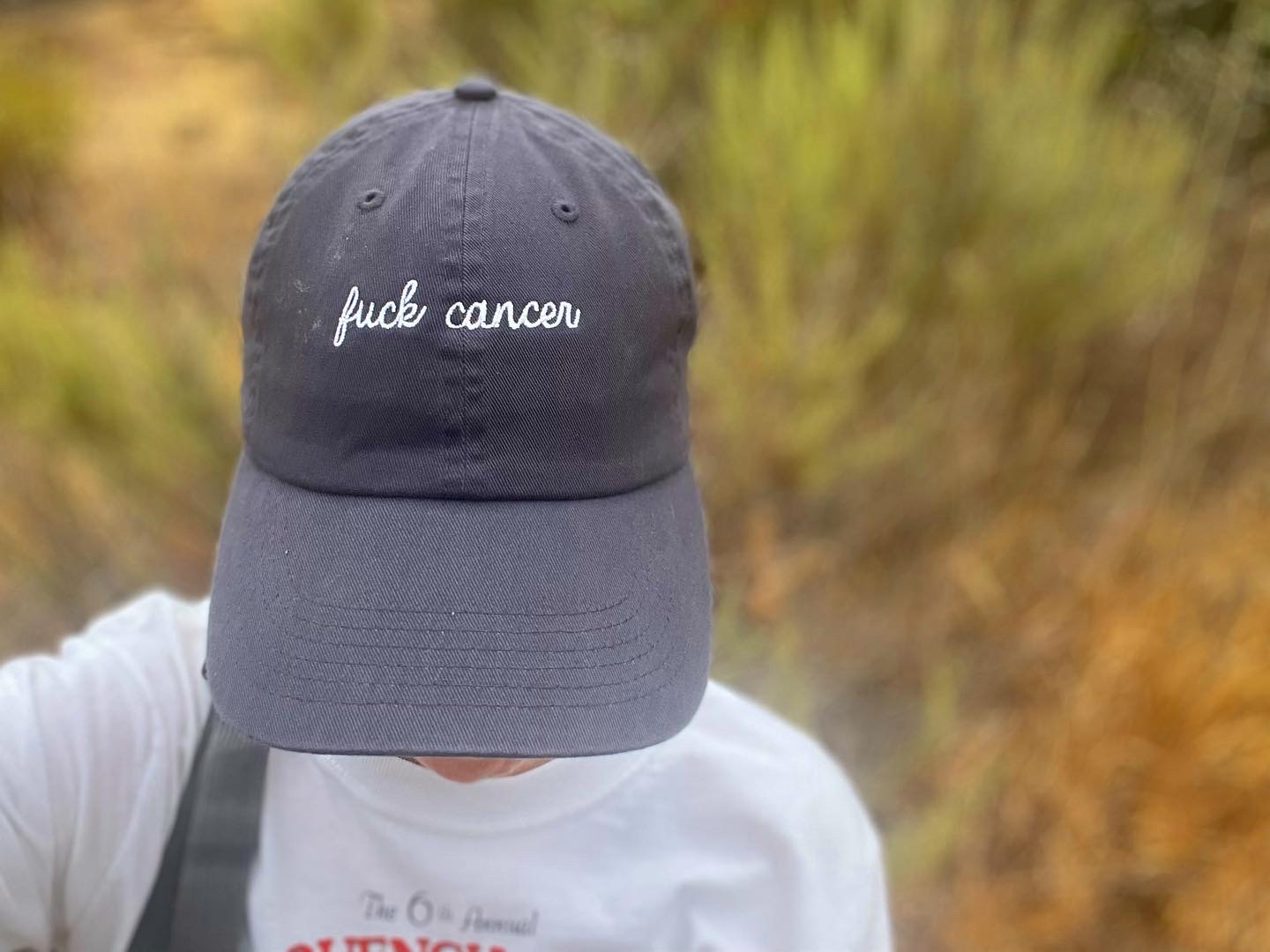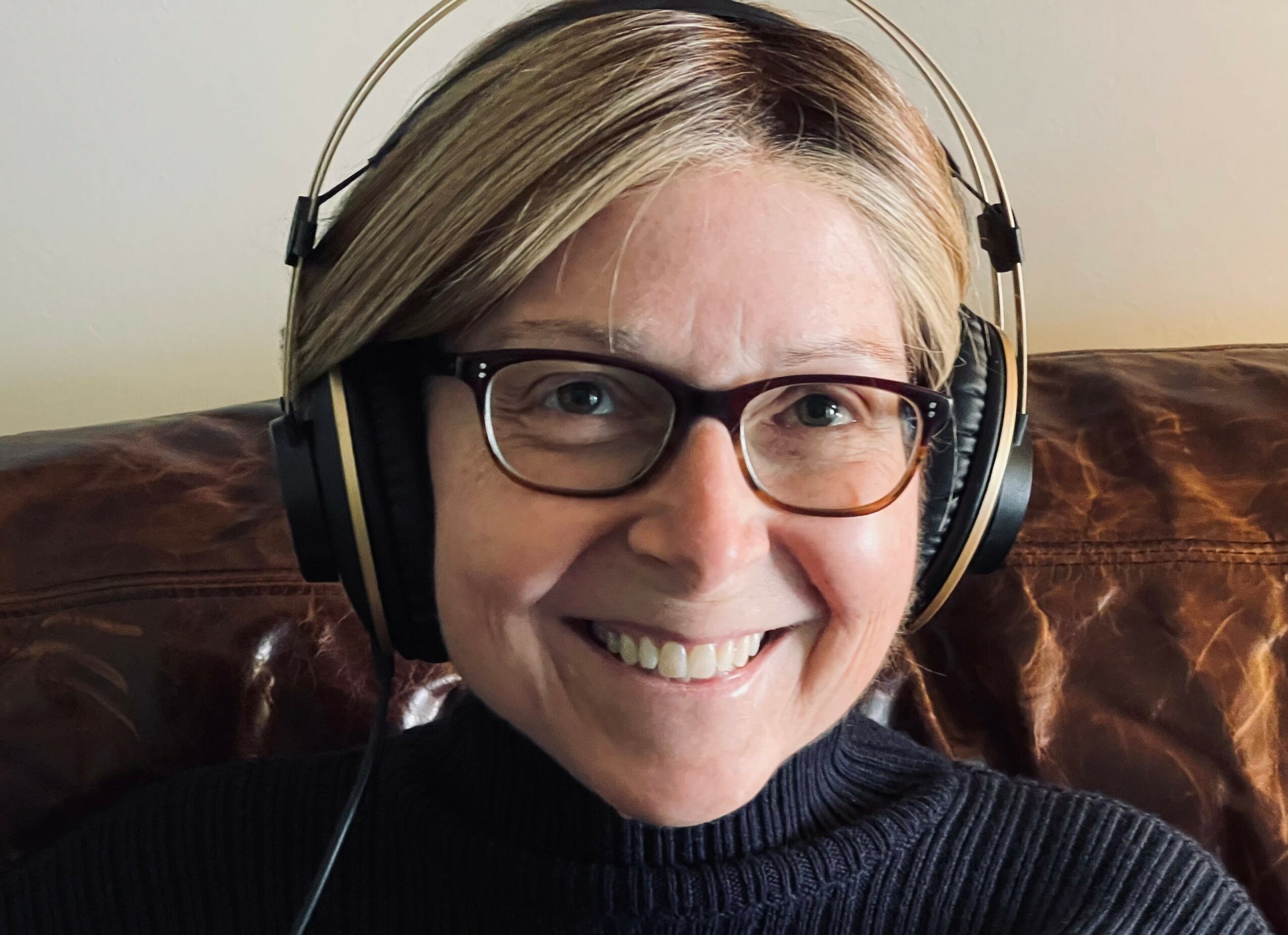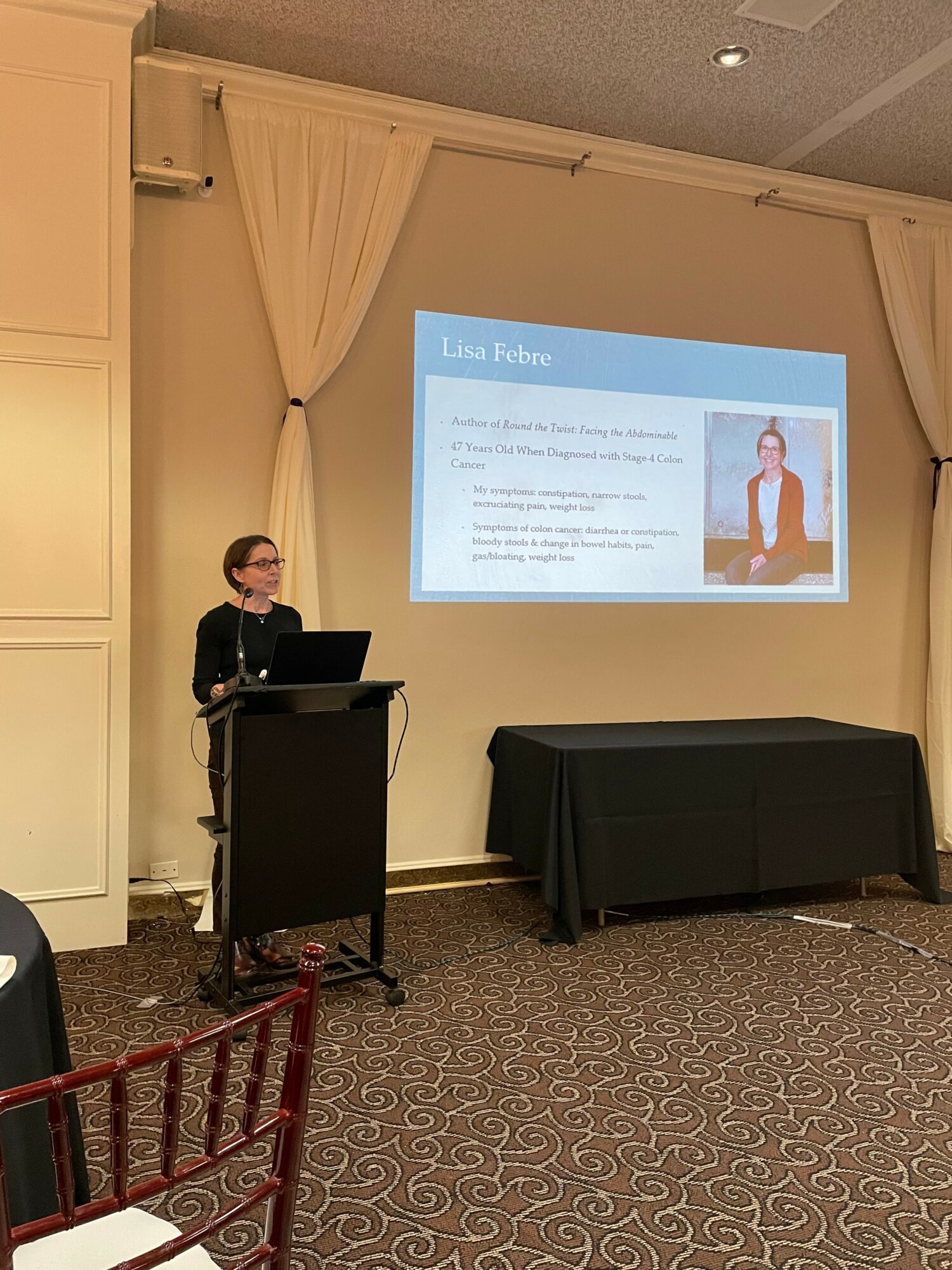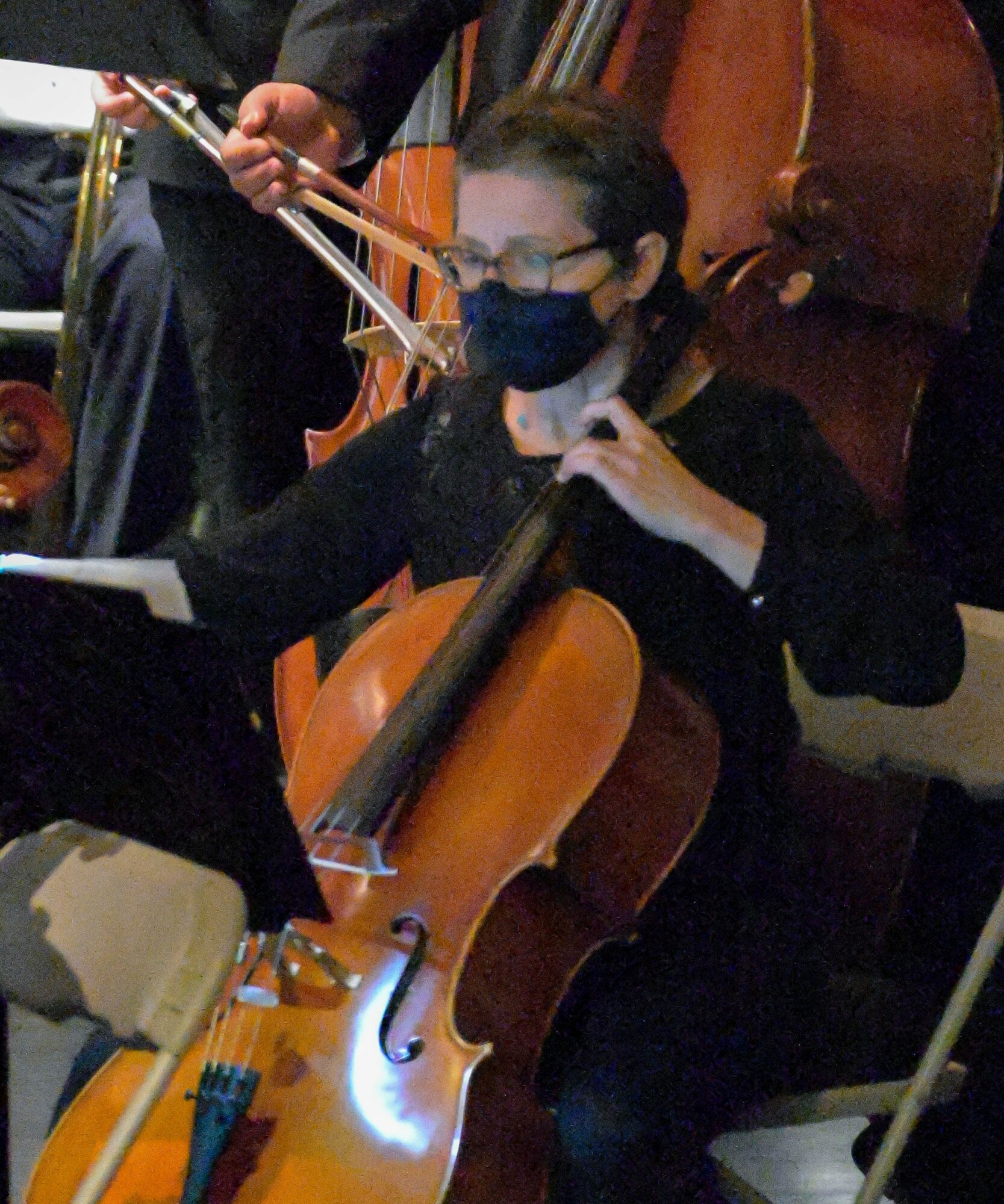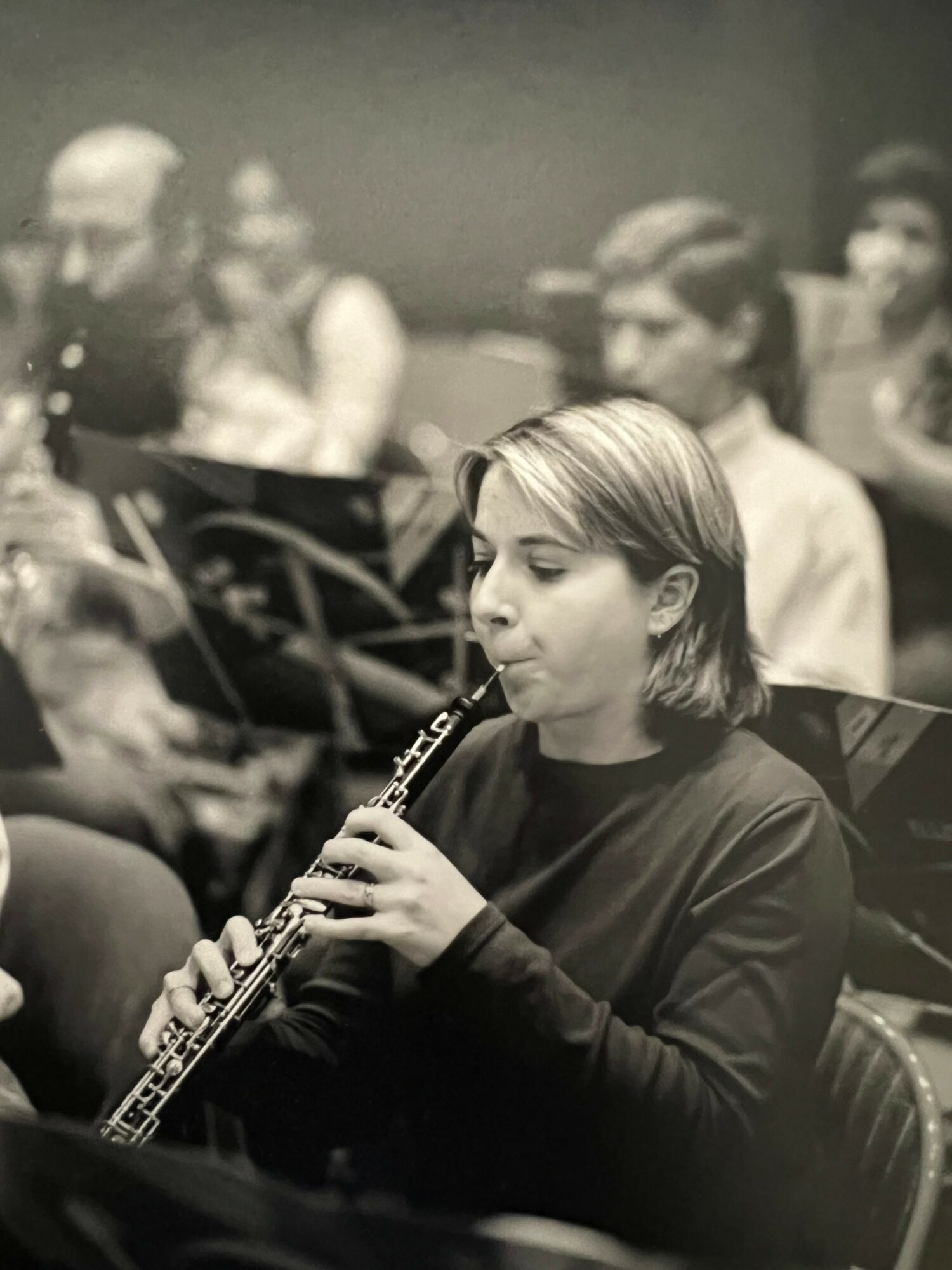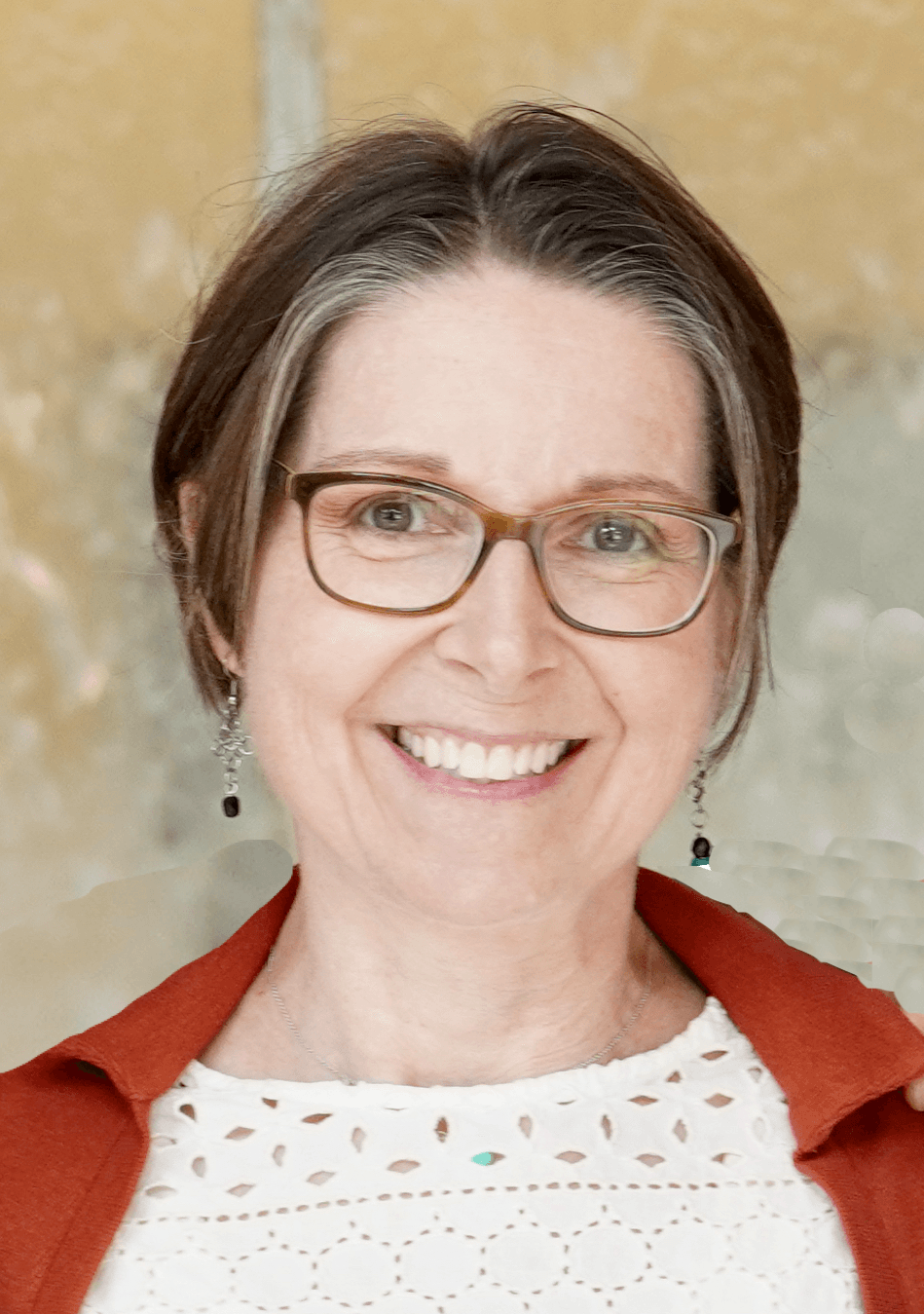

Today we’d like to introduce you to Lisa Febre
Hi Lisa, it’s an honor to have you on the platform. Thanks for taking the time to share your story with us – to start maybe you can share some of your backstory with our readers?
I was born a musician; I know no other way to be. When I was four years old, I begged my parents for piano lessons and thankfully they bought me a piano and found me a teacher. When I was 9, I started to learn to play the flute, and after a few years, my junior high school band director handed me an oboe. By the time I graduated from high school, I had devoted nearly all of my free time as a teenager to learning to play the oboe. I was lucky enough to be accepted into a program for high school students at the Eastman School of Music, and eventually to Ithaca College School of Music where I earned my Bachelors Degree.
As a young adult, fresh out of college, I quickly became disillusioned. I was no longer a big fish in a small pond–I was a very very small fish in the big wide ocean. I was convinced that every one else was more talented, more driven, and more deserving than me. For nearly 20 years, I pieced together a fun and rewarding music career that did not include a permanent job with a big orchestra. I loved the freelance life, choosing when and how I would perform. This left me plenty of time to spend with my young son and to pursue my love of yoga. My life was rewarding and loved having control over my career.
I moved three times in fifteen years, having to start my career from scratch each time in whatever new city I found myself. During the years I lived in Las Vegas, my first husband and I divorced, and I was living as a single mom. It’s a lot more precarious a lifestyle when you have a little person depending on you. But, somehow I made it work–I threw myself into performing and devoted all my free time to practicing. I was getting more stage work than I had ever had before. I felt I had some control while so many changes were going on around me.
It was during this period that I met my second husband. Our separate life journeys just happened to diverge at this moment in time, and we discovered that we were stronger together. Because of him, I moved to Los Angeles, in my late-30s; I was looking at yet another career restart. Like every other time before, I just put my head down and forged ahead with finding work. Unfortunately, the Los Angeles music scene was not as kind to me as other places had been. On top of that, I suffered an injury that would make it impossible to continue to play the oboe professionally. I was at a crossroads and had to figure out what do to with my life. I was only 41, not ready to retire, and still full of ambition and hope.
I decided it would be fun to learn to play the cello, at the very least it would entertain and distract me while I figured out what to do with my career. But it turned out I was actually really good at the cello! Within a year, I was back to performing and following a new path on the new instrument. I was having a great time, loving every moment I spent with the instrument, and seeing a clear future stretched out before me.
That was until it was all put on hold thanks to my cancer diagnosis just a few years later at the age of 47. With Stage-4 colon cancer, there was no option for me to work during treatments. All my energies had to be spent on fighting the disease and recovering from the drugs and radiation. My fledgling cello career was the last thing on my mind–first I had to survive this thing. I had a lot of time to contemplate my circumstances–nearly three years, in fact–and to figure out what I wanted to do with my life after cancer. First I had to survive, but what happens then? Would I still have the same ambitions and goals as I did before? Or had my entire outlook on life changed?
While I was going through treatments, I wrote a book about my experience (“Round the Twist: Facing the Abdominable” 2023, Black Rose Writing), was encouraged to write a second (“Welcome to the Bright: The Winding Path from Survivor to Thrivor, 2024, Black Rose Writing) and have just completed the third book in this series. I was meeting authors through my publisher, getting work as a proofreader/editor, and speaking in front of audiences about my cancer journey. I was seeing a new writing career laid out in front of me that I had never even considered as a possibility. I had stumbled into this thing, I was enjoying it, and I was spending much of my time drawing up plans for how to pursue this.
These days, I am still going through treatments, but I am excited to get back out there and take this new career for a spin. It doesn’t mean that I can’t still be a musician and perform whenever I want to. It just means that I have other talents that I can explore and enjoy!
We all face challenges, but looking back would you describe it as a relatively smooth road?
Although cancer is the most obvious bump in the road, my career trajectory has not always been a straight line. At one point, I lived in a very small town in Western Massachusetts. Unlike a big city where there are plenty of opportunities to perform, a small town like that requires a bit of creativity to make a living. I really had to piece together my career from many surprising elements. This included learning to play the other woodwind instruments so that I could be more marketable. There was a period when I was the only person who played saxophone in the area–I could take on work that no one else was there to do. Learning this new instrument opened doors to musical theater, and for several years I looked forward to playing at the summer theater festival. Taking on a new instrument, saying yes to a few performances that I wasn’t 100% comfortable with, led to more confidence which I would take with me during each move in the years to come.
In the early years, though, I struggled to be taken seriously, most likely thanks to my short stature and youthful looks. In my 20s, it wasn’t uncommon for conductors to assume I was a high school or college student who needed extra instructions. At first, I was insulted by this, always having to bite my tongue so that I didn’t say something snarky to someone which might make them not hire me again. But after a few years, I discovered that I could use this to my advantage–why not perform with college ensembles? Up until my early 30s, I often worked as a decoy musician in college orchestras that were lacking oboists. I looked young, so why not, instead of fighting against this characteristic, use it? Nowadays, I look back on that time of my life and am proud that I had been able to do this–I certainly don’t look like a college student anymore!
Can you tell our readers more about what you do and what you think sets you apart from others?
Although my degree is in oboe performance, and I had a lot of experience on the flute, I decided to learn to play the clarinet and the saxophone–this would enable me to play in the pit bands/orchestras of musical theater. For quite a long time, this was how I made my living. I was also known as someone who could play a concert of music I had never seen before. When I lived in Las Vegas, I would often get calls just a few hours before a concert to ask if I could come in and play without having any rehearsals. I thrived on this!
Moving on to the cello in my 40s was a tricky move. Not many people who play woodwind instruments give it up to focus on a string instrument (or vice versa). Already having the experience of 20+ years as a professional musician, I returned to orchestral playing with all that knowledge behind me. I was playing the same music I had played before on the oboe, but this time on a different instrument. It was interesting to move from the back of the orchestra to the front of the orchestra and see the music from a brand new perspective. Something like Beethoven’s 5th Symphony, which I have played dozens of times as an oboist, now felt like a completely new piece on the cello.
I currently serve on the Board of Directors of the Moorpark Symphony Orchestra–a community orchestra in Simi Valley. Because of my experiences in the different sections of the orchestra, I have a unique perspective on how the organization works. It’s been a surprising turn of events to be on this board, I never imagined myself in an administrative position, but it has been incredibly rewarding.
What sort of changes are you expecting over the next 5-10 years?
Since I was in high school (in the early 1990s) I have heard people complain that there’s only “white hair” in the orchestra audiences. People assume this means that classical music is a dying industry. This could not be further from the truth! First, we are talking about a musical culture that has been around for centuries; it’s not going anywhere. Second, of course the audiences are older, these are people who are retired, they have more time and resources to attend concerts. Third, music schools are full of students clamoring for work, our orchestras will always be full of young musicians. Classical music will always have a place in our culture.
The most difficult thing, though, has been the post-covid lockdown recovery of many of our orchestras. I can’t speak for the big orchestras (like the LAPhil), but I know our little community orchestra struggled to keep itself together while we waited to see the fate of the world. Would people remember there was an orchestra in their town? Would people be brave enough to attend concerts once the restrictions were lifted? Our orchestra is not alone in worrying about our financial future in the wake of covid. People talk about “long covid” with infections, and those of us in the industry worry about the longterm financial effects of the pandemic.
Contact Info:
- Website: http://lisafebre.com
- Instagram: https://www.instagram.com/lisa.febre/
- Facebook: https://www.facebook.com/lisa.a.febre
- Youtube: https://youtu.be/pz_BTndszss
